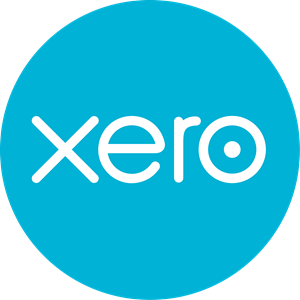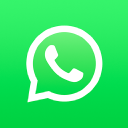I Created A $600K/Year Global Food Tours Network
Hello! Who are you and what business did you start?
Hello, my name’s Luke and I’m the founder of A Chef’s Tour, a niche travel business that creates and runs daily street food tours.
We’ve grown from our original four-hour Bangkok Backstreets tour to offering food tours in 12 cities across Asia and beyond. Our customers come from all over the world - the US, Europe, Africa, Asia, and South America. Typically they aren’t backpackers, they’re people who want to really understand the culinary culture in a city, the cuisine’s background and history, and the ingredients and techniques behind the dishes.
Until Covid forced us into hibernation (like the rest of the travel industry), we were seeing revenue of $55,000 per month and increasing as tours outgrew their original departures and more were added. Fortunately, the world is beginning to open and we’re back in business showing guests the best street eats in each city.
 Sorry, you need to login and/or become a member to view the rest of this content.
Sorry, you need to login and/or become a member to view the rest of this content.

















